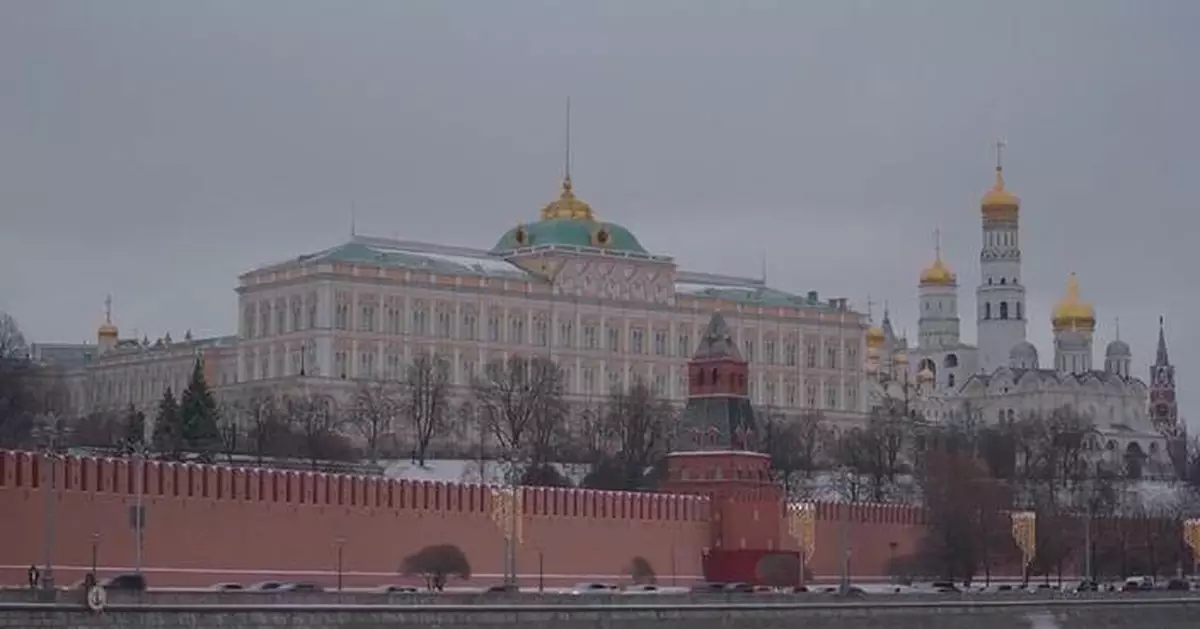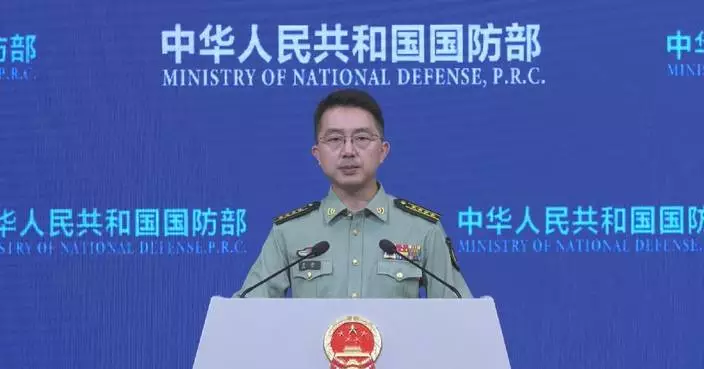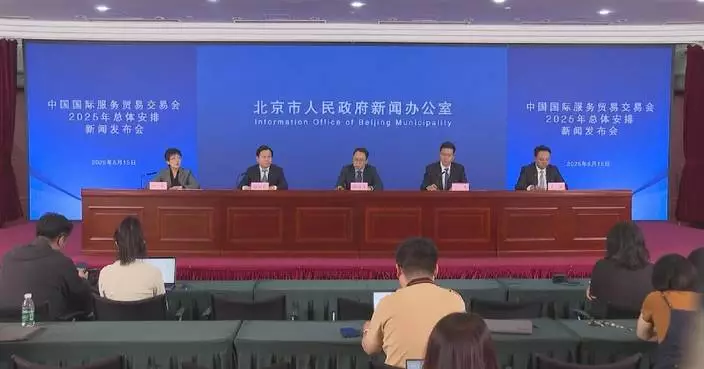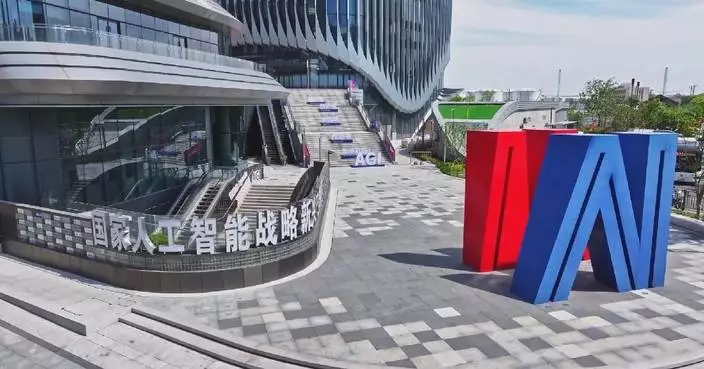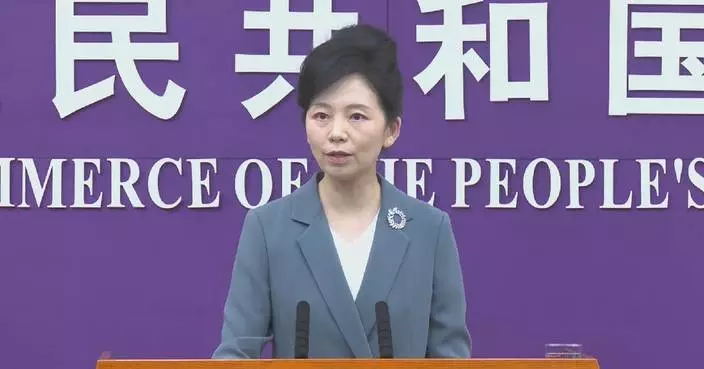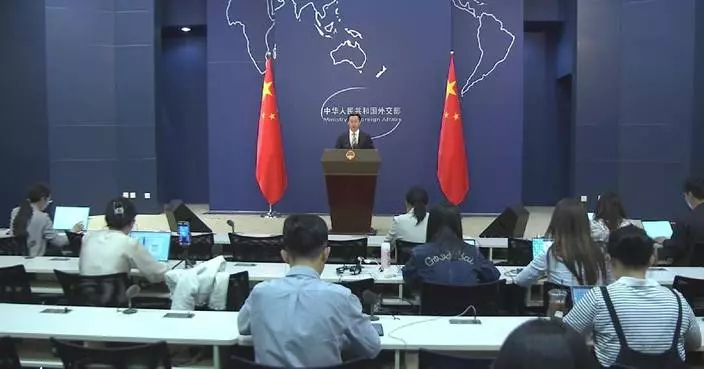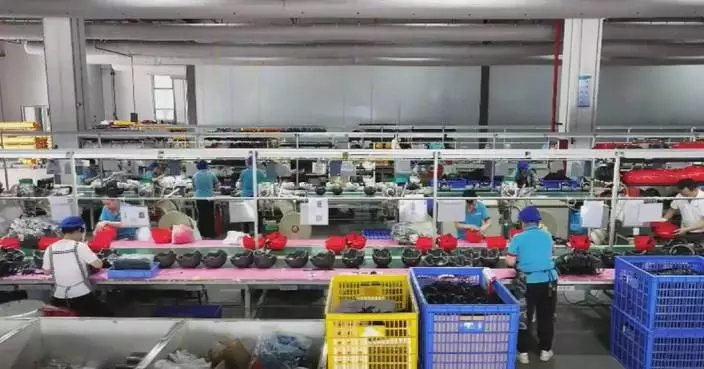Kremlin Spokesman Dmitry Peskov said Tuesday that the recently concluded Russia-U.S. talks in Riyadh were "technical" in nature, and that their content would therefore not be made public.
He added that Moscow is currently analyzing the outcomes of the discussions.
Peskov also confirmed that contacts between Russia and the United States would continue, though there are no plans for a conversation between Russian President Vladimir Putin and U.S. President Donald Trump at this time. However, such talks could be arranged quickly if necessary.
The negotiations between the Russian and U.S. delegations concluded in Riyadh on Monday after about 12 hours of talks.
Following the talks, Russian Foreign Minister Sergei Lavrov expressed Russia's support for resuming the Black Sea grain export deal in a way that would be acceptable to all parties involved. He voiced concerns over the impact of "Western games" on food security in Africa, the Global South, and the Global East.
Lavrov emphasized that if the grain deal were to be restored, Russia would require clear guarantees, which could only come from U.S. orders to Ukrainian authorities.
The Russian delegation in Riyadh also conveyed to the U.S. side that Russia would not tolerate any ambiguity in the proposals regarding the Black Sea.
Lavrov further noted that Russia had agreed to all of Turkish President Recep Tayyip Erdogan's requests concerning the restoration of the grain export deal, but Ukraine changed its stance at the last moment. Given Ukraine's past record, Russia needs the "clearest, verifiable, and effective" guarantees, he said.
Last week, Trump held phone talks with both Putin and Ukrainian President Volodymyr Zelensky on Tuesday and Wednesday, respectively.
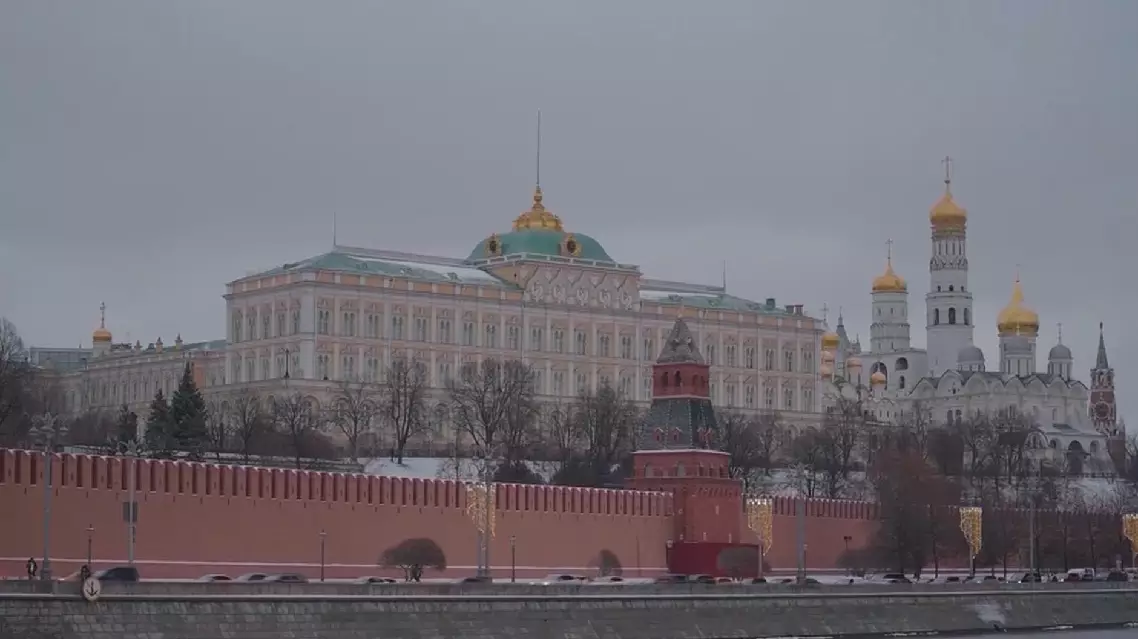
Kremlin says content of Russia-U.S. talks to remain private due to technical nature
The U.S. Department of Commerce has issued new guidance declaring that the use of Huawei's Ascend AI chips "anywhere in the world" may violate U.S. export control regulations.
The statement, released by the department's Bureau of Industry and Security on Tuesday, explicitly warns of the potential consequences of enabling U.S.-origin "AI chips to be used in training or inference for Chinese AI models."
In response to the statement, the Chinese Ministry of Commerce vowed on Thursday to take resolute measures to safeguard the legitimate rights and interests of Chinese enterprises.
While the move aligns with Washington's broader strategy to curb China's access to advanced semiconductor technologies, it also underscores a deeper anxiety: the fear of losing its global leadership in artificial intelligence.
NVIDIA CEO Jensen Huang said that China is "not behind" the U.S. in artificial intelligence and called the race in AI development a "long-term, infinite race," as he spoke to reporters at a tech conference in Washington, D.C., last month.
During a recent congressional hearing, U.S. tech leaders, including OpenAI CEO Sam Altman and executives from Microsoft and chipmaker Advanced Micro Devices, testified on Capitol Hill to urge lawmakers to streamline policy for AI-related projects and fundraising in order to race against China in AI development.
The latest guideline follows a period of regulatory volatility. After walking back the previously announced "AI Diffusion Rule" from the Biden administration, the U.S. has now pivoted toward this more aggressive interpretation – a shift that highlights the inherent difficulties in enforcing such extraterritorial bans.
Convincing sovereign nations to follow U.S. law, particularly when it limits their own tech development, poses significant diplomatic and operational challenges.
"The Trump administration will pursue a bold, inclusive strategy to American AI technology with trusted foreign countries around the world," Tuesday's statement says.
Implementing a global enforcement regime would likely require bilateral negotiations with dozens of countries – a time-consuming and politically fraught process that risks diminishing returns.
In practice, these efforts may only reinforce China's determination to achieve technological self-sufficiency. Huawei's trajectory stands as a case in point.
Since coming under U.S. sanctions in 2019, the company has made notable advances in AI and chip development. Most recently, the company invited select Chinese tech companies to test its most powerful processor yet, the Ascend 910D, the Wall Street Journal reported, citing sources familiar with the matter. The chip is expected to rival – or even surpass – Nvidia's H100 in performance.
If such innovation continues to emerge under pressure, Washington may need to ask itself: Is the goal to contain China or to compel it to innovate faster?
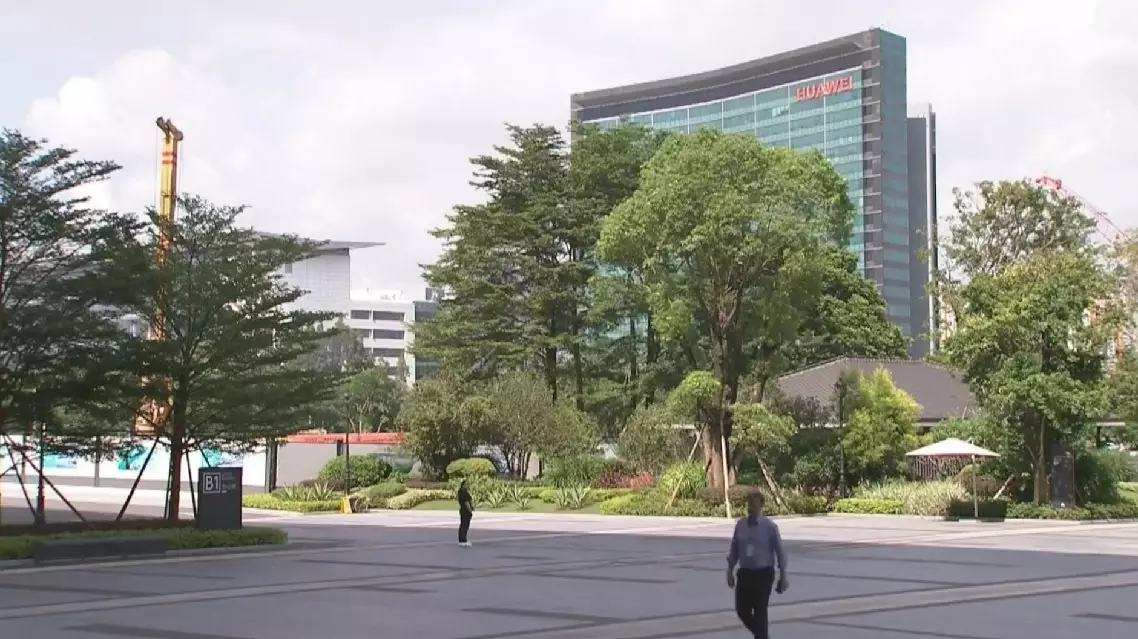
New US guidance on Huawei chip usage reveals deeper fears, tougher realities



